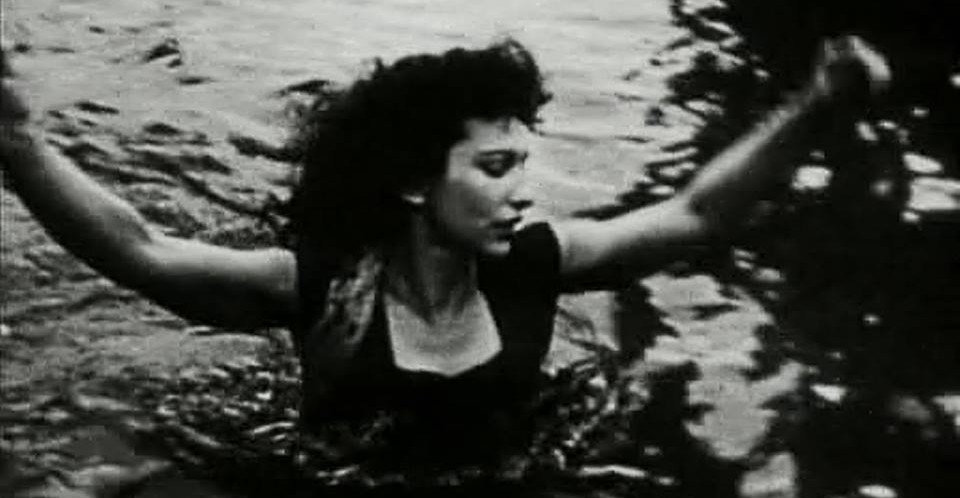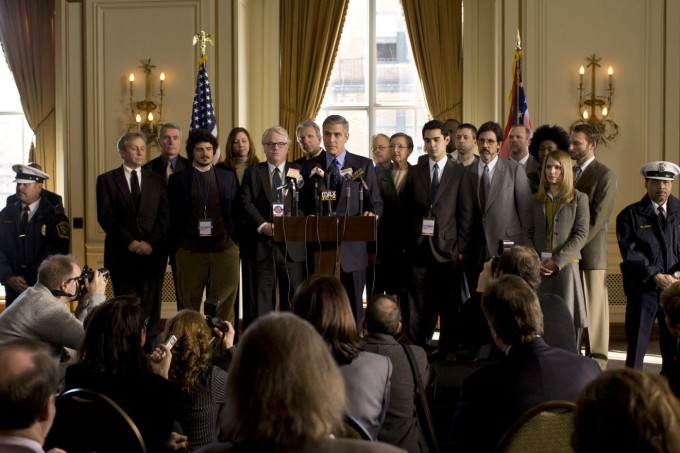
As the prospect of using the free-ticket perks of my cinema job to take friends to Avengers: Infinity War this Saturday, despite my more-or-less total absence of interest in the subject matter, looms ever closer, I figured it was time to try and catch myself somewhat up-to-speed, having only seen a couple of Iron Mans, Ant-Man (which I admit I adored) and Black Panther. In the grand scheme of the Marvel franchise, perhaps the character I’ve forever had least interest in finding out anythingabout is Captain America. I mean for God’s sake. Nevertheless, it doesn’t really seem to be about him at all, thankfully. Indeed, it’s rather just an Avengers-lite. So, frankly, why it was marketed as being his film, I don’t really get. Maybe because Thor and Hulk aren’t in it? Also, the truth is: this is not what a civil war looks like. Although it may have a vast abundance of superheroes (and Hawkeye/Black Widow, whose raisons d’être still wholly elude me), it really doesn’t have anywhere near enough, nor does it run over a long-enough period of diegetic time to warrant its subtitle, either. Accordingly, Avengers-Lite: Punch-Up in an Airport strikes me as a considerably more reasonable title.
Don’t get me wrong, from a Comolli-Narboni or, dare I invoke the name in 2018, Žižekian perspective, Avengers-Lite: Punch-Up in an Airport is worthy of consideration in order to critique Hollywood ideology with regard ethics of interventionism on the part of the US Government. Iron Man believes the Avengers, following the uncountable civilian casualties sustained in their stand-offs with various foes over the years, ought to sign themselves up to become a UN-controlled task force, tragedies surrounding their exploits signifying that their great power not only comes with great responsibility, but a desperate need for as-yet unestablished accountability. Captain America believes superheroes ought to operate with a greater degree of impunity, or at least assumed good faith without restrictions or borders, given that agendas of governing bodies change, and they may be ordered to “intervene” where no intervention is required (say, to depose a democratically elected leader in the global south) or to ignore an atrocity taking place (like the genocide or displacement of indigenous peoples). Both have compelling arguments, although both miss the unarguable fact that they remain violent and authoritarian figures of almost-universally ethnocentric ideological concerns, whose personal motivations always have and always will outweigh anything they consider greater than themselves, no matter which pieces of paper they decline or agree to sign.
Because that’s the thing: the villain of this film is someone who lost his family to the actions of the Avengers in their prior film, seeking revenge, which is largely frowned upon, despite the seeming majority of the heroes doing likewise. The team is literally called The Avengers; one would think they could appreciate the irony, even if they couldn’t extend some pathos his way. Put in the context of how many heroes weapons include blades, arrows, explosives and also it seems guns, it’s very difficult to decipher if they operate similarly to Batman, who insists on his code of “not killing,” but constantly causing / failing to prevent death, or if they actually do just aim to kill.
The screen lights up whenever Ant-Man or Spider-Man turn up, on account of being genuinely fun, although neither of them really seem to know why they’re there, and when Black Panther shows up, on account of being awesome, though I must admit I believe that is largely a retroactive thing on my part, having seen BP before AL:PUA, because I don’t think he’s afforded any personality at all, here. Indeed, it’s incredibly difficult to feel emotionally altered by anything happening. Considering how much I did enjoy the smallness of Ant-Man(no pun intended), I’m amazed and disappointed how the MCU took a series as intense as the Civil War comics were, and reduced it to something that feels just so utterly marginal.
⭐⭐1/2



